You Are Under Camera Surveillance ?
Camera surveillance refers to the use of video cameras to monitor and record activities in a particular area. It is commonly employed for security purposes in various settings such as public spaces, businesses, and residential areas. The presence of camera surveillance can act as a deterrent to potential criminal activities and provide evidence in case of incidents or disputes. However, it also raises concerns about privacy and the potential for misuse or abuse of the recorded footage. The effectiveness and ethical implications of camera surveillance are subjects of ongoing debate and regulation in many jurisdictions.
1、 Types of camera surveillance systems
Types of camera surveillance systems have become increasingly prevalent in today's society, as they play a crucial role in maintaining security and monitoring activities in various settings. These systems are designed to capture and record video footage, providing a means to deter crime, investigate incidents, and ensure public safety. However, it is important to note that the use of camera surveillance systems raises concerns regarding privacy and ethical considerations.
One of the most common types of camera surveillance systems is Closed-Circuit Television (CCTV). CCTV cameras are widely used in public spaces, such as streets, shopping malls, and airports, to monitor and record activities. These systems are often equipped with advanced features like facial recognition and motion detection, enhancing their effectiveness in identifying potential threats.
Another type of camera surveillance system is the network-based surveillance system. These systems utilize IP cameras that are connected to a network, allowing for remote access and monitoring. Network-based surveillance systems offer greater flexibility and scalability, as they can be easily integrated with other security systems and accessed from multiple locations.
In recent years, there has been a significant advancement in camera surveillance technology, particularly in the field of artificial intelligence (AI). AI-powered surveillance systems can analyze video footage in real-time, automatically detecting and alerting security personnel to suspicious activities or behaviors. This technology has the potential to greatly enhance the efficiency and effectiveness of camera surveillance systems.
However, the increasing prevalence of camera surveillance systems has sparked debates regarding privacy and civil liberties. Critics argue that constant monitoring infringes upon individuals' right to privacy and can lead to a surveillance state. It is crucial to strike a balance between security and privacy concerns, ensuring that camera surveillance systems are used responsibly and transparently.
In conclusion, camera surveillance systems, such as CCTV and network-based systems, have become integral tools in maintaining security and public safety. The latest advancements in AI technology have further enhanced the capabilities of these systems. However, it is essential to address the ethical and privacy concerns associated with camera surveillance, ensuring that these systems are used in a responsible and transparent manner.

2、 Benefits of camera surveillance in public spaces
Benefits of camera surveillance in public spaces
Camera surveillance in public spaces has become increasingly common in recent years, and for good reason. The use of surveillance cameras provides numerous benefits that contribute to the safety and security of individuals and communities.
Firstly, camera surveillance acts as a deterrent to potential criminals. The presence of cameras in public spaces can discourage criminal activity, as individuals are aware that their actions are being recorded and can be used as evidence against them. This can help reduce the occurrence of crimes such as theft, vandalism, and assault, making public spaces safer for everyone.
Secondly, camera surveillance aids in the investigation and resolution of crimes. In the event that a crime does occur, surveillance footage can provide crucial evidence that can help identify suspects and lead to their apprehension. This not only helps bring justice to victims but also serves as a deterrent to potential offenders, knowing that their actions are being monitored and can be used against them.
Furthermore, camera surveillance can enhance emergency response efforts. In the event of an emergency, such as a terrorist attack or natural disaster, surveillance cameras can provide real-time information to emergency services, enabling them to respond more effectively and efficiently. This can help save lives and minimize the impact of such incidents.
Additionally, camera surveillance can be used to monitor traffic flow and enforce traffic regulations. By capturing footage of traffic violations, authorities can identify and penalize offenders, promoting safer roads and reducing the risk of accidents.
It is important to note that while camera surveillance in public spaces has its benefits, it also raises concerns about privacy and civil liberties. Striking a balance between security and privacy is crucial, ensuring that surveillance is conducted within legal and ethical boundaries.
In conclusion, camera surveillance in public spaces offers numerous benefits, including deterring crime, aiding in investigations, enhancing emergency response, and promoting traffic safety. However, it is essential to implement and regulate surveillance systems responsibly, taking into account privacy concerns and respecting individual rights.
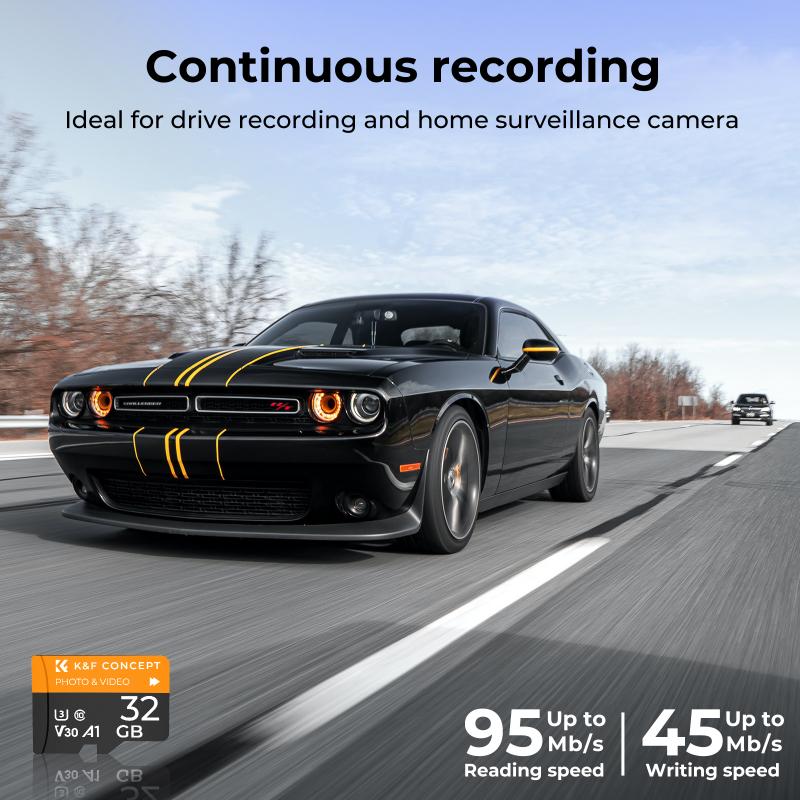
3、 Privacy concerns surrounding camera surveillance
Privacy concerns surrounding camera surveillance have become increasingly prevalent in recent years. With the advancement of technology, surveillance cameras have become more widespread, leading to a heightened sense of being constantly monitored. While the intention behind camera surveillance is often to enhance security and deter crime, it raises significant questions about the balance between public safety and individual privacy.
One of the main concerns is the potential for abuse of surveillance footage. As cameras become more sophisticated and capable of capturing high-resolution images, there is a risk that this footage could be misused or accessed by unauthorized individuals. This raises concerns about the violation of personal privacy and the potential for surveillance to be used for purposes other than public safety.
Another concern is the potential for mass surveillance and the erosion of anonymity in public spaces. As cameras become more ubiquitous, individuals may feel as though they are constantly being watched, leading to a chilling effect on their behavior and freedom of expression. This can have a detrimental impact on society, as people may become hesitant to engage in activities or discussions that they perceive as being under constant scrutiny.
Furthermore, there are concerns about the lack of transparency and accountability surrounding camera surveillance. It is often unclear who has access to the footage, how long it is retained, and how it is used. This lack of transparency can lead to a sense of unease and distrust among the public.
However, it is important to note that there are also arguments in favor of camera surveillance. Proponents argue that it can help deter crime, provide evidence in criminal investigations, and enhance public safety. Additionally, advancements in technology have allowed for the development of privacy-enhancing measures, such as facial recognition safeguards and data encryption, which aim to mitigate some of the privacy concerns associated with camera surveillance.
In conclusion, the privacy concerns surrounding camera surveillance are valid and should be taken seriously. Striking a balance between public safety and individual privacy is crucial, and it is essential to have robust regulations and oversight in place to ensure that surveillance is used responsibly and ethically. The latest point of view emphasizes the need for transparency, accountability, and privacy-enhancing measures to address these concerns and protect the rights of individuals in an increasingly monitored society.

4、 Legal regulations and guidelines for camera surveillance
Legal regulations and guidelines for camera surveillance vary from country to country, but generally, they aim to strike a balance between ensuring public safety and protecting individual privacy rights. It is important to note that I am an AI language model and not a legal expert, so the information provided here should not be considered as legal advice.
In many jurisdictions, camera surveillance is subject to strict regulations. These regulations typically require that surveillance systems be used for legitimate purposes, such as preventing and investigating crimes, maintaining public order, or protecting critical infrastructure. The installation and use of surveillance cameras may require permits or authorizations from relevant authorities, and the cameras must be clearly visible to the public.
Furthermore, the collection, storage, and use of surveillance footage are often subject to data protection laws. This means that personal information captured by the cameras must be handled in accordance with privacy regulations. Individuals have the right to be informed about the presence of surveillance cameras and the purpose for which their data is being collected. Additionally, there may be restrictions on how long the footage can be retained and who has access to it.
It is worth noting that the latest point of view on camera surveillance includes the increasing use of advanced technologies such as facial recognition and artificial intelligence. These technologies raise additional concerns regarding privacy and potential misuse. Some jurisdictions have started implementing specific regulations to address these concerns, such as requiring explicit consent for the use of facial recognition or establishing strict limitations on its deployment.
Overall, the legality of camera surveillance depends on compliance with the specific regulations and guidelines in each jurisdiction. It is essential for organizations and individuals to familiarize themselves with the applicable laws and seek legal advice to ensure compliance and protect the rights of both the public and individuals under camera surveillance.





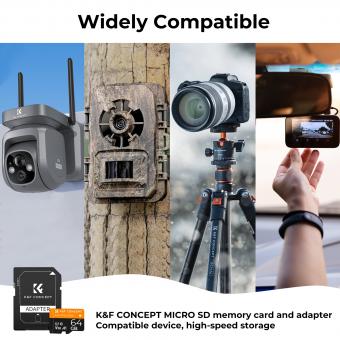




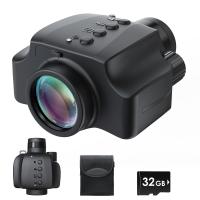

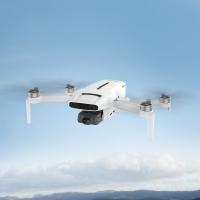










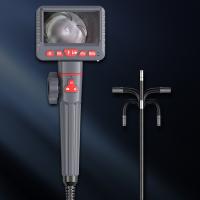
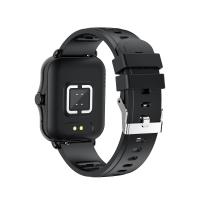

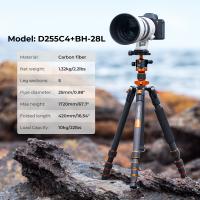
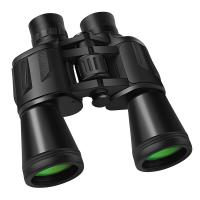


There are no comments for this blog.